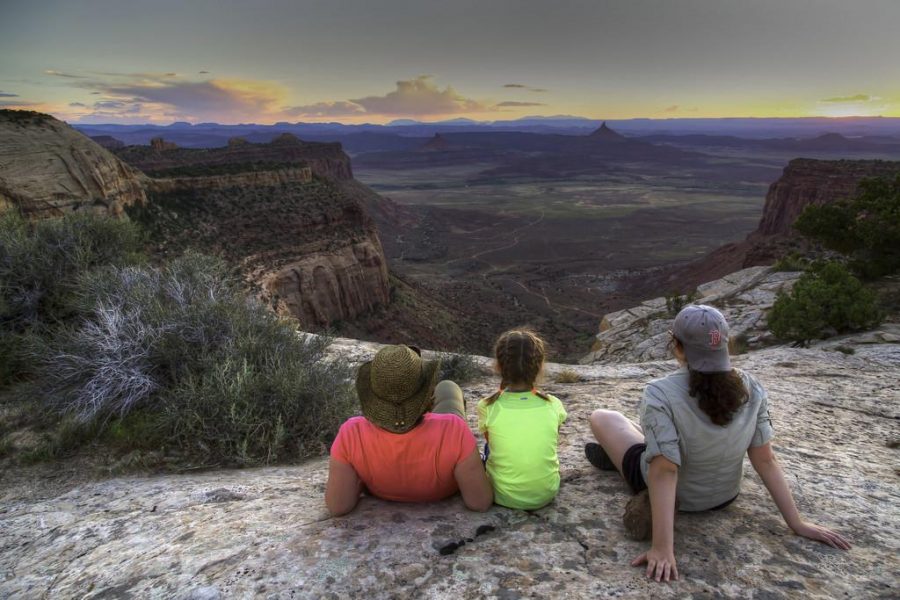The issue of land management has become increasingly prevalent in Utah discourse as of late. For many people, the threat to the Bears Ears National Monument was their first introduction to the issue. As the details of the situation unfold, more Utahns are becoming interested in the future of our public lands. To secure public land protection, we, as citizens, must increase pressure on our local politicians.
Much of the public outrage about the Bears Ears National Monument began in 2016 when it was announced that the Utah government was preparing to spend up to $14 million in a case against the Federal Government for the rights to land in Utah. Any event in which a group is willing to spend $14 million merits a closer look at the potential financial benefits making such an investment worthwhile.
It may seem prudent for the Utah government to take control of federal land, and it may seem like Utah jurisdiction would benefit the future of wildlife conservation. It seems intuitive that because Utahns better understand issues pertaining to the land, the Utah government would craft better management policies based on their more intimate understanding.
But if Utah were given control, the full financial burden of the land would fall on Utah taxpayers. Currently, the Federal Government is responsible for the upkeep and protection of these land. Imagine if the burden of upkeep grew too great, if wildfires or other disasters drained financial resources. The local government would have two options: raise taxes to pay for the fees, or sell the land to private parties to relieve the burden. Officials would surely choose the latter.
Officials interested in the success of the lawsuit have future profits on their mind; this is why they are willing to spend so much money for the acquisition of the lands. Utah lawmakers see the $14 million as an investment. They know they would not be able to bear the financial burden of being the sole caretaker of the lands, and they know that Utahns would be unwilling to increase taxes to pay for it. Thus, they have created a scenario in which their selling of public lands would appear to be in the interest of Utahns.
For most people, a bumper sticker or a sign in their yard is the extent of their opposition to the movement. For many more, there are no shows of opposition. It is unfortunately all too common for people to inwardly oppose an issue and yet remain silent. This silence is not always laziness, but a reflection of the difficulties of opposition or an unawareness of how to get involved.
You can get involved by calling your congressman or local city council representative, canvasing on behalf of conservation, or just by maintaining a healthy dialogue. The more our local representatives understand how many Utahns are opposed to this and how much we care, the more likely we are to keep public lands in public hands.


